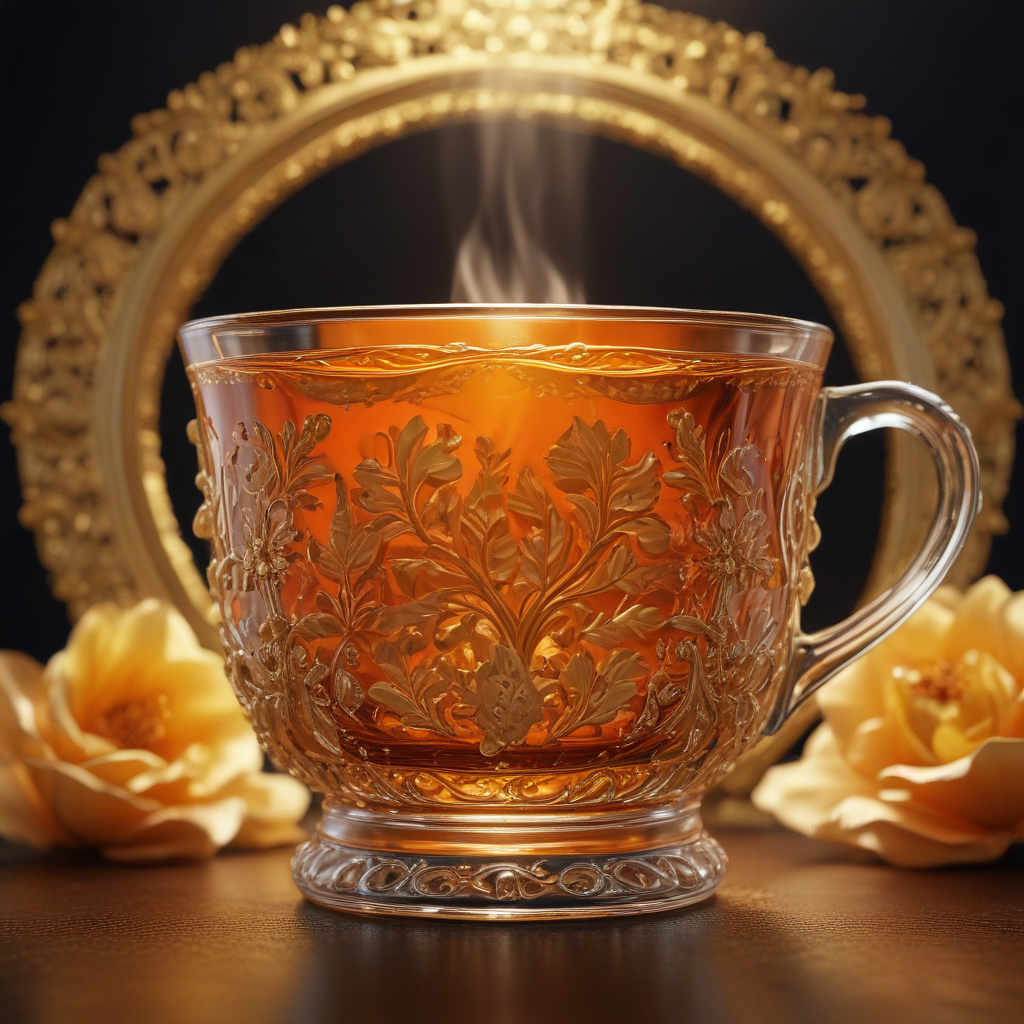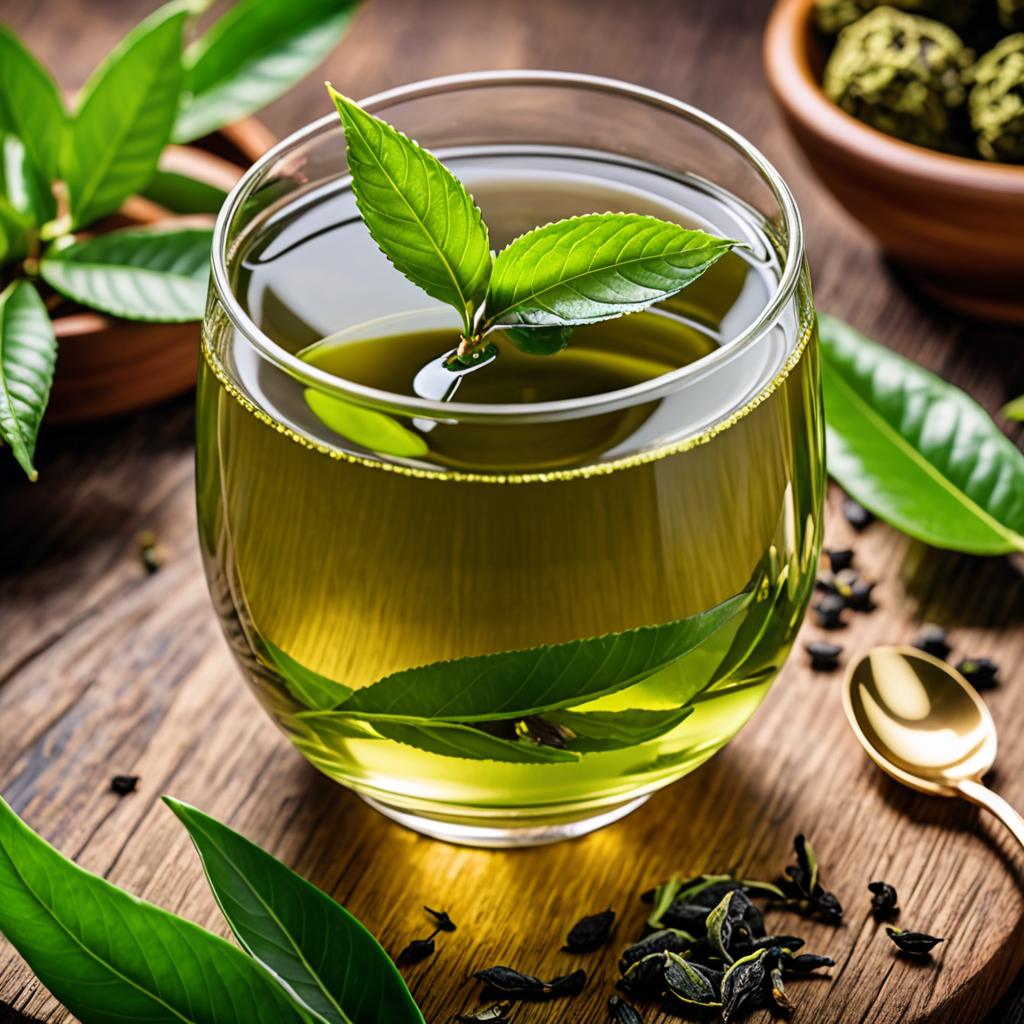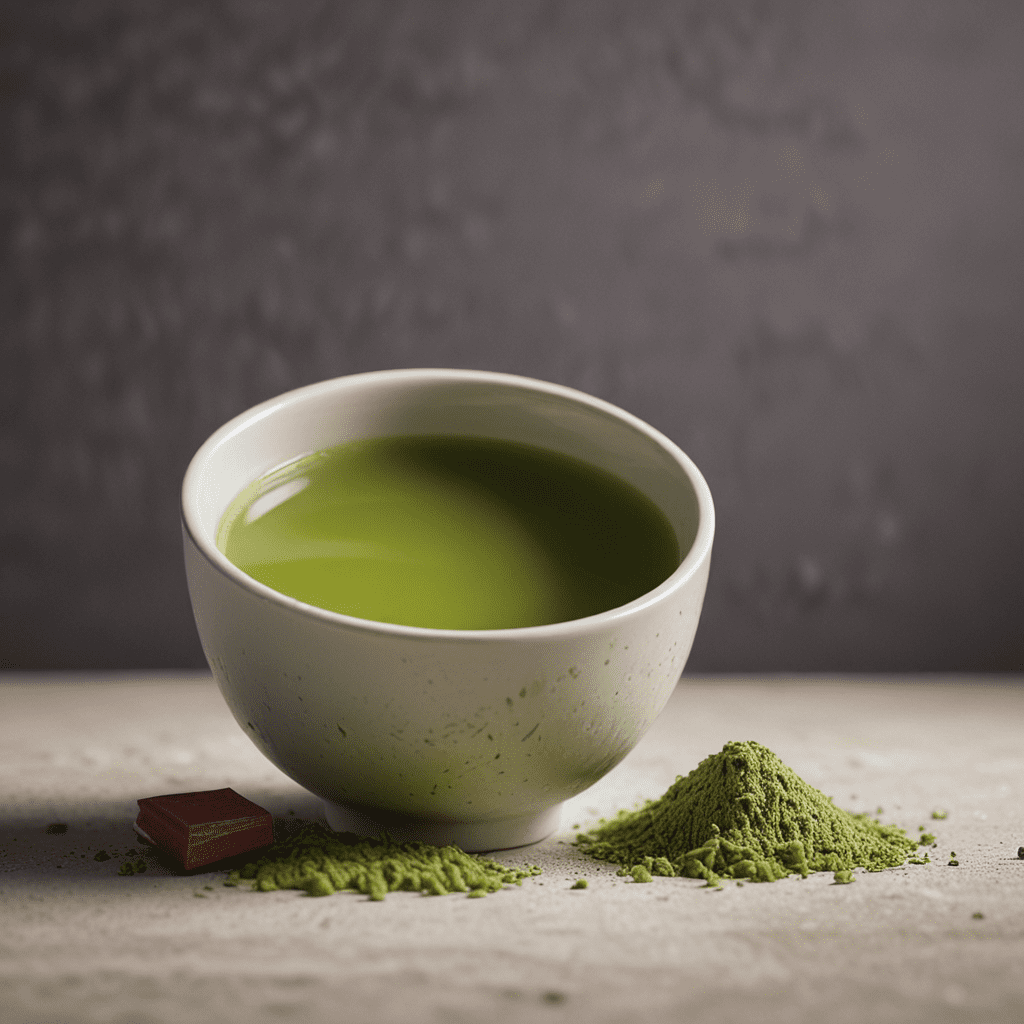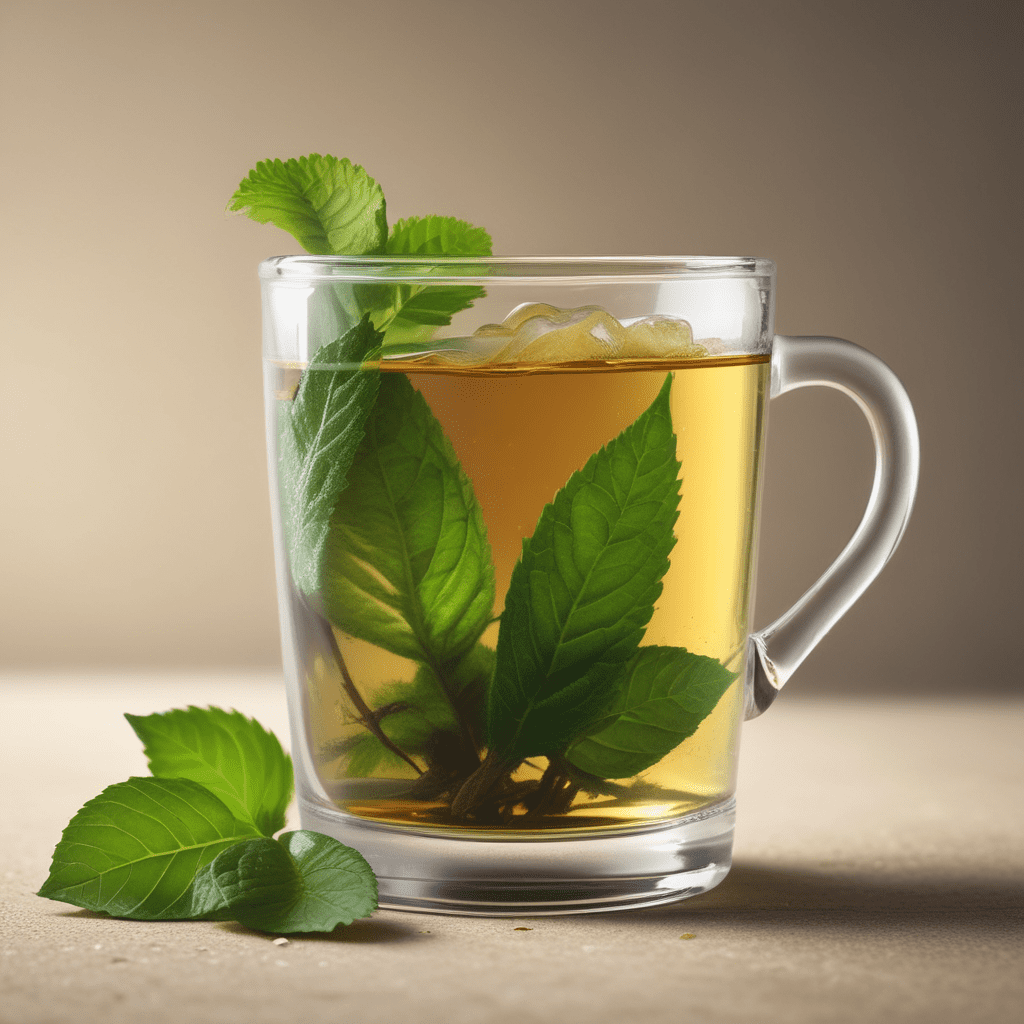
The Role of Tea in Indian Festivals and Rituals
1. Introduction
In India, tea is much more than just a beverage. It is deeply ingrained in the country's culture, traditions, and rituals. Across diverse communities and regions, tea plays a significant role in various festivals and celebrations, symbolizing auspiciousness, hospitality, and social connection.
2. Tea as an Offering
Offering tea to deities during prayers and rituals is a long-standing tradition in India. The act signifies devotion, respect, and gratitude to the divine. Specific festivals like Durga Puja and Ganesh Chaturthi involve offering special varieties of tea to the respective deities. During Durga Puja, devotees offer fragrant, milky tea to appease the goddess, while in Ganesh Chaturthi, sweet tea with jaggery and cardamom is a customary offering to Lord Ganesha.
3. Symbolic Importance
Tea holds immense symbolic meaning in different contexts within Indian culture. It is often associated with purity, as teacups and vessels used for offering are carefully cleansed before use. Additionally, tea symbolizes hospitality, as offering tea to guests is considered a warm gesture of welcoming and respect. In many communities, tea is also seen as auspicious, signifying good luck and prosperity.
4. Ritualistic Preparation
Preparing tea for rituals and festivals often involves specific methods and ingredients. Certain types of tea, like Darjeeling or Assam, might be preferred, and the brewing techniques might be traditional, using clay pots or copper kettles. Spices like ginger, cardamom, and cloves are frequently added for their auspicious and aromatic qualities. The entire process of preparing the tea is imbued with reverence and considered an integral part of the ritual itself.
6. Tea in Wedding Ceremonies
Tea plays a significant role in various wedding ceremonies across India. In many communities, the "milni" ceremony involves the exchange of tea between families, symbolizing the union of two families and the start of a new life together. The bride's family often presents gifts and trays laden with cups of fragrant tea to the groom's family, fostering warmth and creating a sense of shared celebration.
During wedding receptions, tea serves as a welcoming beverage for guests, signifying hospitality and respect. Customized blends of tea with spices and herbs, like cinnamon, ginger, and cardamom, might be prepared to add a festive touch and create a warm and inviting atmosphere.
7. Festive Celebrations
Tea finds a special place in major festivals like Diwali, Holi, and Onam. During Diwali, the festival of lights, families and friends gather to exchange sweets and gifts. Cups of hot, milky tea are often served alongside traditional treats like laddoos, barfis, and kachoris, adding to the warmth and sweetness of the celebrations.
Holi, the festival of colors, is a vibrant celebration of joy and revelry. While people engage in playful water fights and color throwing, tea acts as a refreshing and comforting drink, providing a moment of respite and rejuvenation amidst the festive chaos.
In Onam, the harvest festival of Kerala, a traditional "sadhya" feast, consisting of an elaborate spread of vegetarian dishes, is served on banana leaves. Aromatic tea is an essential part of this feast, symbolizing purity and auspiciousness. It marks the end of the meal, offering a comforting and digestive end to the celebratory feast.
8. Regional Variations
The role of tea in festivals and rituals varies across diverse regions and communities in India. In Assam, the tea-growing region, "Naamghar" gatherings involve offering special varieties of tea to deities, reflecting the deep connection between tea cultivation and cultural practices.
In Gujarat, during the "Janmashtami" festival celebrating Lord Krishna's birthday, a unique "masala chai" made with milk, ginger, and Tulsi leaves is offered as a devotional offering.
In South India, particularly Kerala and Tamil Nadu, filter coffee takes a more prominent place in festivals and rituals. However, tea still holds significance, particularly during special occasions and as a refreshing beverage for guests.
9. Conclusion
From offerings during prayers to festive celebrations, tea plays a multifaceted role in Indian festivals and rituals. It symbolizes purity, hospitality, and auspiciousness, serving as a vital thread that binds communities and strengthens cultural bonds. Throughout the diverse landscape of Indian celebrations, tea continues to be an integral element, reflecting the country's rich cultural heritage and deep-rooted connection to this cherished beverage.
10. FAQs
Q: What is the significance of offering tea to deities in India?
A: Offering tea to deities during prayers and rituals signifies devotion, respect, and gratitude towards the divine. It is considered an act of appeasement and a way to seek blessings.
Q: Which festivals in India specifically involve offering tea as an essential ritual?
A: Durga Puja and Ganesh Chaturthi are two प्रमुख festivals where tea is an essential offering. During Durga Puja, fragrant milky tea is offered to appease the goddess, while in Ganesh Chaturthi, sweet tea with jaggery and cardamom is offered to Lord Ganesha.
Q: What are some of the regional variations in the role of tea in Indian festivals and rituals?
A: The significance of tea varies across regions. In Assam, tea offerings to deities are common due to the tea-growing culture. In Gujarat, a unique masala chai is offered during Janmashtami. In South India, filter coffee is more prominent, but tea still holds importance.


